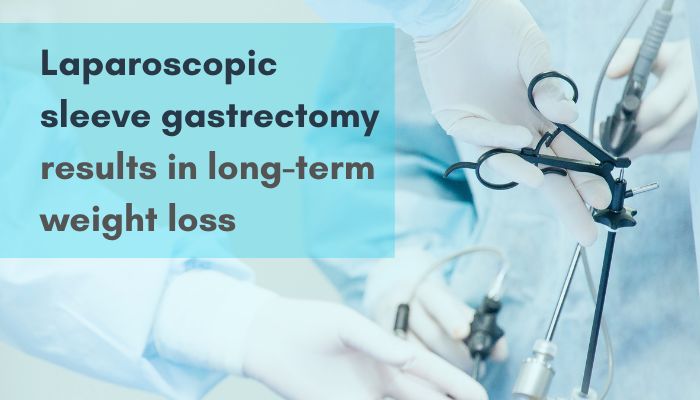
Sleep apnea and how it is associated with Obesity
Sleep apnea refers to a condition in which
58,981 total views, 104 views today
Home » Surgical vs non-surgical procedures: Which have long-term benefits?
Overweight and obesity is a major health concern these days. Losing excess body weight is important as prevents major diseases.
Being overweight or obese is one of the top risk factors for developing major chronic diseases. Traditionally, it has been true that diet and exercise are the best ways to lose weight. However, it can be more difficult for some people than others. For them, there are surgical and non-surgical procedures available that assist in weight loss. Each comes with their own benefits.
This article discusses the long-term benefits associated with surgical and non-surgical procedures and which one is a better choice.
The results of weight loss surgery can be profound, even life-saving.
Surgical procedures help you lose weight by altering your digestive system. It is also referred to as bariatric surgery.
Surgical procedures are recommended to:
Common weight-loss surgeries include:
Not all overweight/obese individuals require surgery to lose weight. For such people, non-surgical weight loss is the best option.
Long-lasting weight loss results are provided for the patient by making major lifestyle changes through nutrition, exercise, and counselling.
Non-surgical weight loss procedure can help moderately obese people lose weight – and keep it off. Studies have also found that interventions in behaviour that address both nutrition and exercise have a small but considerable positive impact on weight reduction maintenance.
For example, unlike standard weight-loss surgery, endoscopic sleeve gastroplasty (ESG) requires no incision and no hospital stay. An endoscope is inserted down the throat, and with the use of a suturing tool, the stomach is eventually reduced to a pouch about the size of a banana. It is a simple, one-day outpatient procedure, and it leaves no scar, which is one of the major appeals to the patients.
The complication rates are also lower compared with surgery. Non-surgical interventions promote long-term maintenance of weight loss in obese adults.
Non-surgical approaches are thought to be safer and encourage long-term weight loss because there are several hazards linked with surgical weight loss techniques. The non-surgical weight loss options at our facility include Endoscopic Sleeve Gastroplasty, which shrinks the size of your stomach, and Intragastric Balloon Surgery, which involves inserting a saline-filled silicone balloon into your stomach. These procedures assist you by reducing your food intake and hastening the feeling of fullness.
Numerous variables affect a person’s possibilities for weight loss surgery. Your doctor will best guide you as to the type of surgery you should have.
References:

Sleep apnea refers to a condition in which
58,981 total views, 104 views today

Since the beginning of 20th century, the overall
58,958 total views, 104 views today

New year is the time for new beginnings.
59,658 total views, 104 views today

Weight loss can be tricky business, as it
59,529 total views, 104 views today

According to a recent study, weight loss through
60,428 total views, 104 views today

According to a recent study, preoperative very low
60,429 total views, 104 views today

A recent study conducted on GERD (Gastroesophageal Reflux
60,433 total views, 104 views today

A recent study done to examine the long-term
59,312 total views, 101 views today

A recent study published in the Journal of
28,769 total views, 67 views today

The findings from a recent study, published in
29,010 total views, 67 views today

The findings of a recent study, published in
29,411 total views, 68 views today

Dietary modifications, along with regular exercise, play an
11,937 total views, 19 views today